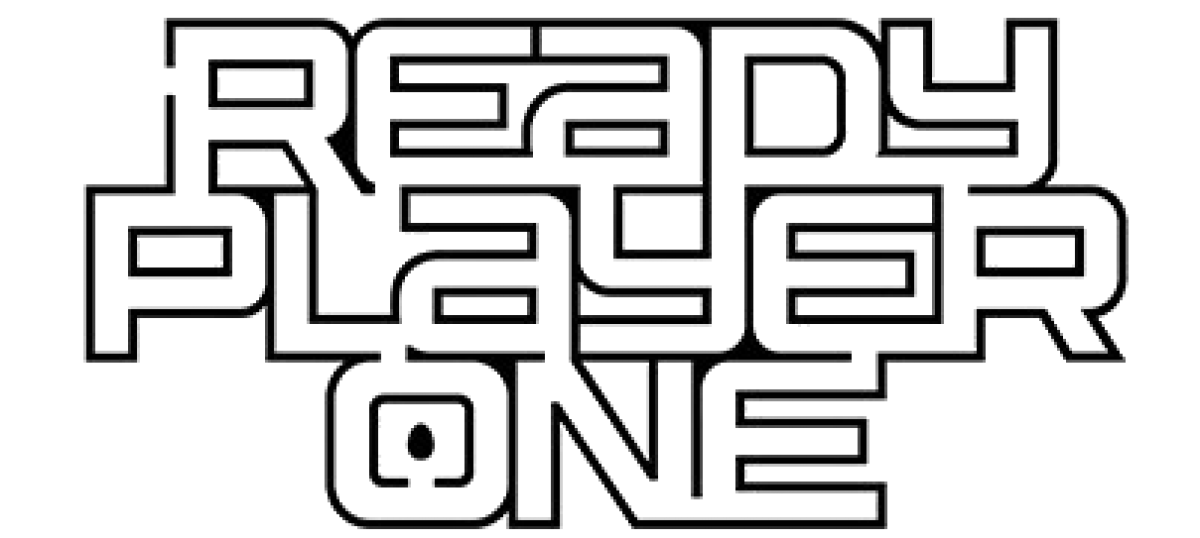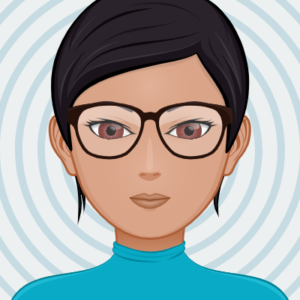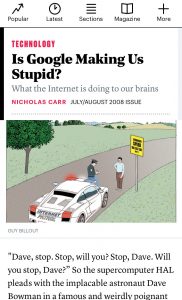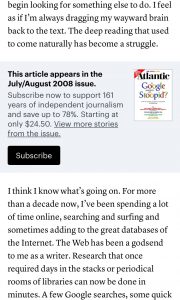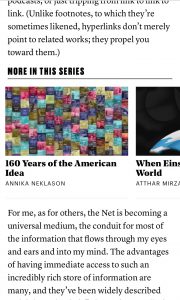Today, many people use the phrase “reading is fundamental” but why is it fundamental and how is it that people learn to read? As days, months, and years pass by one thing never changes and that is that reading is everywhere street signs to exit signs in college dorm rooms. One thing you should ask yourself is why is reading fundamental? It is because words are everywhere they describe an object, tells the location of a place and more. I will be explaining four tools that helped me learn as a child.
One tool that helped me learn to read was food. Have you ever asked a child what do they want when you go to a fast food restaurant.? You will notice the child will point to the image and say “that. For myself as a child I had to say what “that” specifically was, for an example my mother and I love to go to Ledo’s we would always order a large pizza with pepperoni, sausage, mushroom, and onions. I used to read the menu to order eight hot wings, hot wings are my favorite Ledo’s have great wings and the celery and ranch that comes with it taste very fresh. My mother gets a side Caesar salad, and, in my opinion, they have the best dressing in the world. I never liked any other dressing than ranch. My mother knew I liked the salad, but I never passed up the wings. When the waitress came to the table to place our order I was to recite my order from what I read off the menu this allowed me to gain comprehension skills. When I read the menu. I knew what will come on my pizza and how many wings I will receive. Another way food helped me learn to read was when I went to Wendy’s. My mother always wanted to sit inside the building, why? I have no idea, but, she would order a number one with a baked potato and tell them to add butter and extra chives, no sour cream and no matter how many times they repeated no sour cream back to her somehow sour cream would magically appear in her bag. I used to look at the menu for a long time, sometimes I would try to read before I walked to the front of the line because I noticed I become highly indecisive when food is involved. Because of this I learned to proofread. Proofreading gave me clarity to be confident in what I was saying. The description would be detailed and as I read I had to explain that I do not want ranch on my chicken sandwich. My going to these restaurants it allowed me to read deliberately.
Another tool that helped me learn was LeapFrog. LeapFrog is a device that has been out for a little more than twenty years that mixes fun with learning. LeapFrog had a huge impact on my learning adventure. I started using LeapFrog when I was in elementary school. I loved the games because it did not feel like I was working; the games that are placed in the LeapFrog device was fun I would be in my room and it felt like I was playing a g
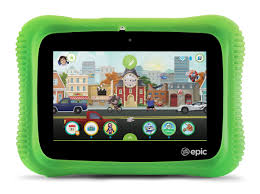
ame although the game was enhancing my mind. I played one game where after I was done with the learning part I could play a game to get as many coins as I could and jump to the other side without being wiped out. That part of the game I remember that was fun is that I was able to color a barn. I could pick what I colors I wanted to use which was overall fun for me. Leapfrog is great for kids to learn and be able to enjoy themselves as they do it and an advantage Leapfrog has is that they have programs for children that are six to eleven months old and as a child grows older, it will only make the child want to keep playing the games which will mean they will continue to learn. LeapFrog taught me vocabulary words, how to break the words down and sound them out.
Next, television was and still is a way I learn. Television has many ways for children and adults learn, for children, shows like Dora, go on many adventures and engages with the children through the screen by asking questions. Television shows like Hip Hop Harry grasp kids who are into

music. Hip Hop Harry would have the kids sing and dance along to one of the raps he came up with. One of the raps are called “Dream It! Achieve It”. He encouraged kids to read not only to learn but for fun and a tactic the show used was that they have actual kids in the show to make it seem like learning is fun and cool. The show would give the kids on the show a reward of a live concert because they read the most books. According to BBC news, “Children from the ages five to sixteen spend six in a half hour a day in front of a screen compared with around three hours in 1955, according to market research firm Childwise. Teenage boys spend the longest, with an average of eight hours.” Learning shows like that target what kids think is fun will always be effective and it was fun for me because of how catchy and how interactive it is.
Kids are young, and they want to learn however, it has to grasp their attention. That’s why television is a good way to get children to learn, it is colorful and shows characters that will use catchy tactics to make them want to learn.
Lastly an effective tool that help me learn is rewriting words repeatedly. This allowed items I just learned to stick in my head. Some examples are my name, my name was a good way to start off because it is three letters and my last name is four letters. After learning to spell my name I was able to do that with numbers. The first number I memorized was my mother’s cell phone number because she made me write it until I was able to say it back to her without looking this was great in case of an emergency I was able to give someone a contact number. This tactic is the same for flashcards when someone is repeating a vocabulary word back to themselves it’s to try and memories the way it is written the sound makes and by repeating it back to yourself the sticks like glue.
In conclusion there are many ways for you to learn, I listed four great examples such as menus at restaurants, learning gadgets such as Leapfrog, shows on television and lastly the repetition of words. These are the few of many things that have shaped me into the person I am today. Learning does not stop at a certain age. I am eighteen years, and by the time I am forty there will still be more things in the world for me to learn. Learning does not have to feel like hard labor, in fact the more fun it is the more likely you want to learn and push yourself to do better.
